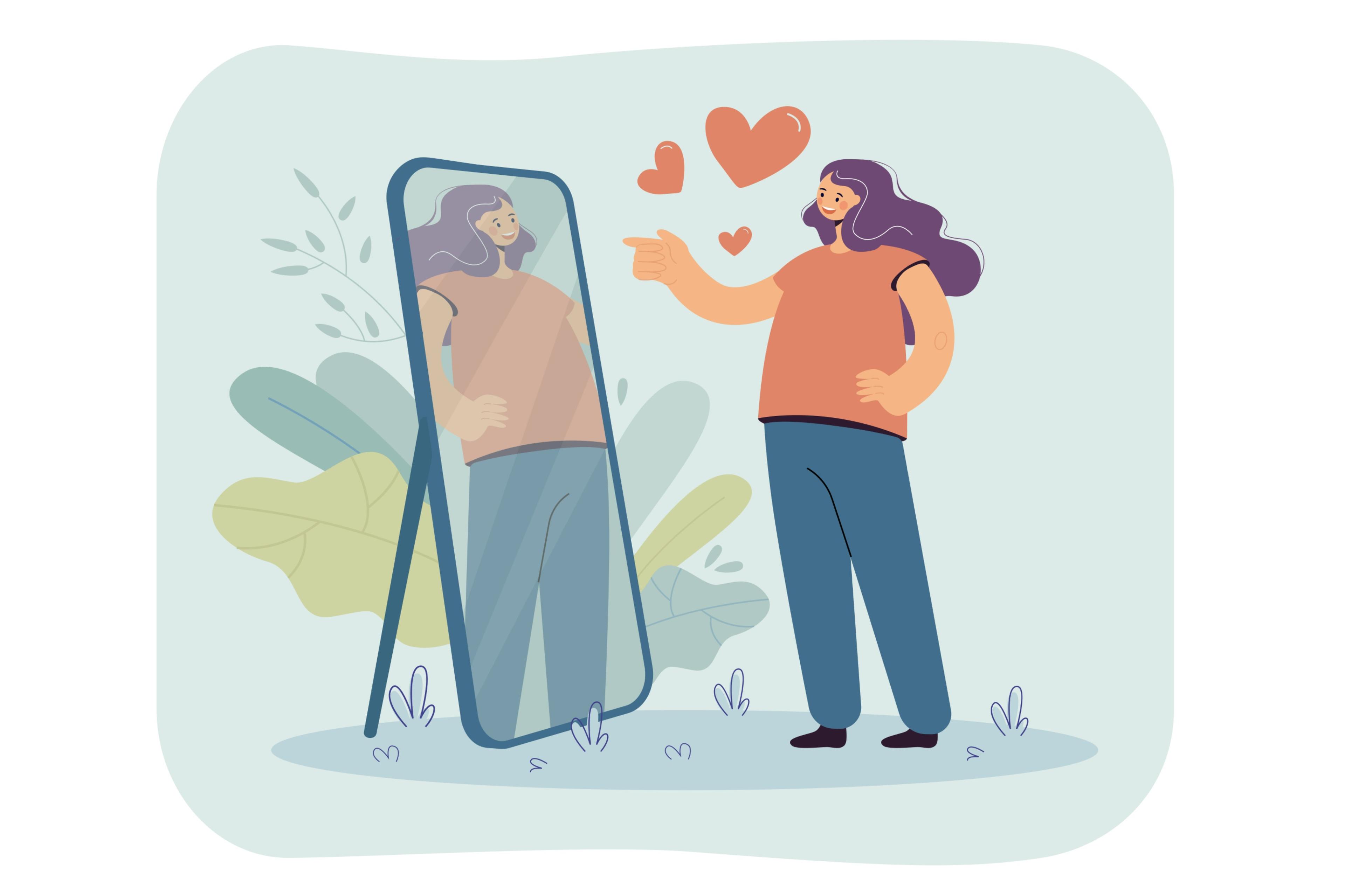In contemporary friendship conversations, the word "chopped" has become a compact, dramatic way to describe a shift in how someone sees a relationship. It sounds playful at first. The word evokes game shows and cooking competitions rather than serious emotional choices. Yet when someone says that a friend is chopped, or jokes "you are chopped" after a conflict, the phrase often carries more weight than a casual joke. It reflects the way modern friendships are negotiated through slang, social media performance, and quiet boundary setting.
The roots of "chopped" can be traced to elimination language in popular culture. On television competitions, contestants who are removed from the game are often described as being chopped or cut. Over time, the term moved into online communities and queer slang, eventually landing in mainstream TikTok and Twitter vocabulary. In those spaces, "chopped" became a way to say that something has failed, flopped, or is no longer acceptable. When people began applying it to relationships, it naturally took on the meaning of removal from an emotional lineup. In a friendship context, to be chopped is to be removed from a position of closeness, sometimes playfully and sometimes permanently.
The way "chopped" appears in friendships exists on a spectrum that ranges from light teasing to serious emotional distancing. At the most harmless level, friends may use it as a mild punishment within a shared joke. When someone repeatedly arrives late, forgets to reply to messages, or backs out of plans at the last minute, the group chat might respond with "you are chopped" followed by laughing emojis. In this scenario, everyone understands that the phrase is a form of affectionate teasing. The person is not really out of the group; they are temporarily "penalised" in the playful economy of inside jokes.
The middle of the spectrum is more complicated. Here, "chopped" starts to mask discomfort or hurt feelings. A friend might say "you are chopped" with a half smile after a boundary has been crossed, such as when a private story is shared publicly or a flirtation with someone important causes quiet embarrassment. The speaker may not feel ready to articulate their feelings directly, but the word signals that something is wrong. They are testing whether the other person will take the hint, apologise, or brush it off as part of the joke. In this usage, "chopped" becomes a way to introduce tension without fully admitting to it.
At the heaviest end of the spectrum, "chopped" describes a friendship that has effectively ended, even if there was no dramatic confrontation. A person may simply stop replying, stop engaging with their friend’s social media posts, and stop inviting them to gatherings. When other people ask what happened, they summarise the situation by saying "we are chopped." In this sense, the word works as a shorthand for a quiet breakup. It acknowledges that there was once a connection, but that it is no longer something the person wishes to maintain. The friendship is not necessarily filled with hatred; it has simply been withdrawn from.
Part of what makes "chopped" interesting is that it treats relationships as if they were lineups or rosters. Instead of seeing friendships as organic, evolving bonds, the term frames them like a list that can be edited. Saying "you are chopped" sounds almost administrative. It suggests that someone has been removed from a bracket or cast, which fits neatly with a culture that already talks about life in seasons, arcs, and storylines. In this narrative style, friends become characters in an ongoing series, and chopping someone feels like writing them out of the script.
The phrase also reveals something about power dynamics within friend groups. The person who declares that another friend is chopped is often someone with social influence or centrality in the group. When they say it, others wait to see whether this is just their sense of humor or a real signal of exclusion. Because "chopped" is ambiguous, it can function both as a joke and as a quiet threat. People may laugh along so they do not risk being the next one unofficially cut from the circle. In this way, a single word can enforce social rules without anyone explicitly stating them.
Online culture amplifies the use of "chopped" as a form of boundary setting. People publicly narrate their decisions to withdraw from uneven or disrespectful relationships with captions such as "ignored my message for two weeks, you are chopped." These posts perform self respect and emotional independence. They fit into a wider trend of content that encourages people to stop chasing one sided friendships and to become more selective about where they place their energy. In that narrative, chopping someone is not petty; it is framed as an act of self care.
However, the reality of friendship is rarely as clean as these posts suggest. Relationships usually do not move from steady to chopped in a single moment. There are slow drifts, miscommunications, and unresolved frustrations that build up over time. By the time someone feels ready to use the word, they may be compressing months of disappointment into one decisive phrase. The word makes the emotional process appear more simple than it actually was.
For some, "chopped" becomes a softer alternative to cancellation. Cancel culture often carries a moral tone, implying that someone is fundamentally bad or unsafe. Chopping someone in a friendship context usually means something slightly different: not that they are an awful person, but that they are no longer a good fit for the speaker. The judgment is situational rather than universal. This allows people to claim their preferences without making sweeping statements about another person’s character, even though the pain of rejection can still feel sharp.
There is also a psychological side to this language. In a digital environment where messages are easily delayed or missed, it can be difficult to distinguish between genuine disinterest and ordinary busyness. When a friend replies late, a person who is already anxious about abandonment may interpret the silence as proof that they have been quietly chopped. The word then becomes a way to give shape to this fear. Rather than dealing with uncertainty, it can feel less painful to assume that a clear cut has already happened, even if no one actually used the term.
The growing popularity of "chopped" reflects a broader generational mood about relationships. Many younger adults are navigating overlapping social circles formed through school, work, fandoms, co working spaces, hobbies, and digital platforms. It is not always realistic to have deep, emotionally detailed closure conversations with everyone. Quietly reducing contact and naming the result "chopped" feels efficient. It allows people to make decisions about their emotional investments in a way that matches the pace of their lives.
Yet buried inside the term is a subtle acknowledgment of care. There is no need to chop someone who never mattered. That person would simply fade into the background. The act of chopping suggests that there was once a meaningful connection, a place in the lineup, a role in the story. To declare that this connection is over, even in slang, is to recognise that it carried some weight. The harshness of the word sits right next to the tenderness of what it replaces.
Understanding what "chopped" means in a friendship ultimately invites a deeper question about how people want to manage distance and conflict. It can be tempting to lean on a single dramatic word instead of articulating hurt, disappointment, or fatigue. Saying that someone is chopped can feel empowering, but it can also flatten a complex relationship into a simple verdict. For friendships that still matter, it may be more helpful to resist the urge to summarise everything with that one term and instead have the difficult conversation that the slang tries to avoid.
At the same time, there is nothing inherently wrong with deciding that a friendship no longer serves one’s emotional well being. The problem is not the boundary itself, but sometimes the ease with which a word like "chopped" allows people to sidestep reflection. When used thoughtfully, it can be a private label for a necessary decision. When used casually or frequently, it can desensitise people to the emotional reality of ending connections.
In the end, to ask what "chopped" means in a friendship is to look closely at the tension between efficiency and depth in modern relationships. The term captures a desire for quick, clear decisions in a world that often feels overcrowded with people and obligations. But friendships still grow, fracture, and heal in slow, human ways, even when the language around them sounds like a game. Recognising that gap can help individuals choose when to let the word stand, and when to put it aside in favour of a more honest, if more uncomfortable, conversation.










.jpg&w=3840&q=75)



